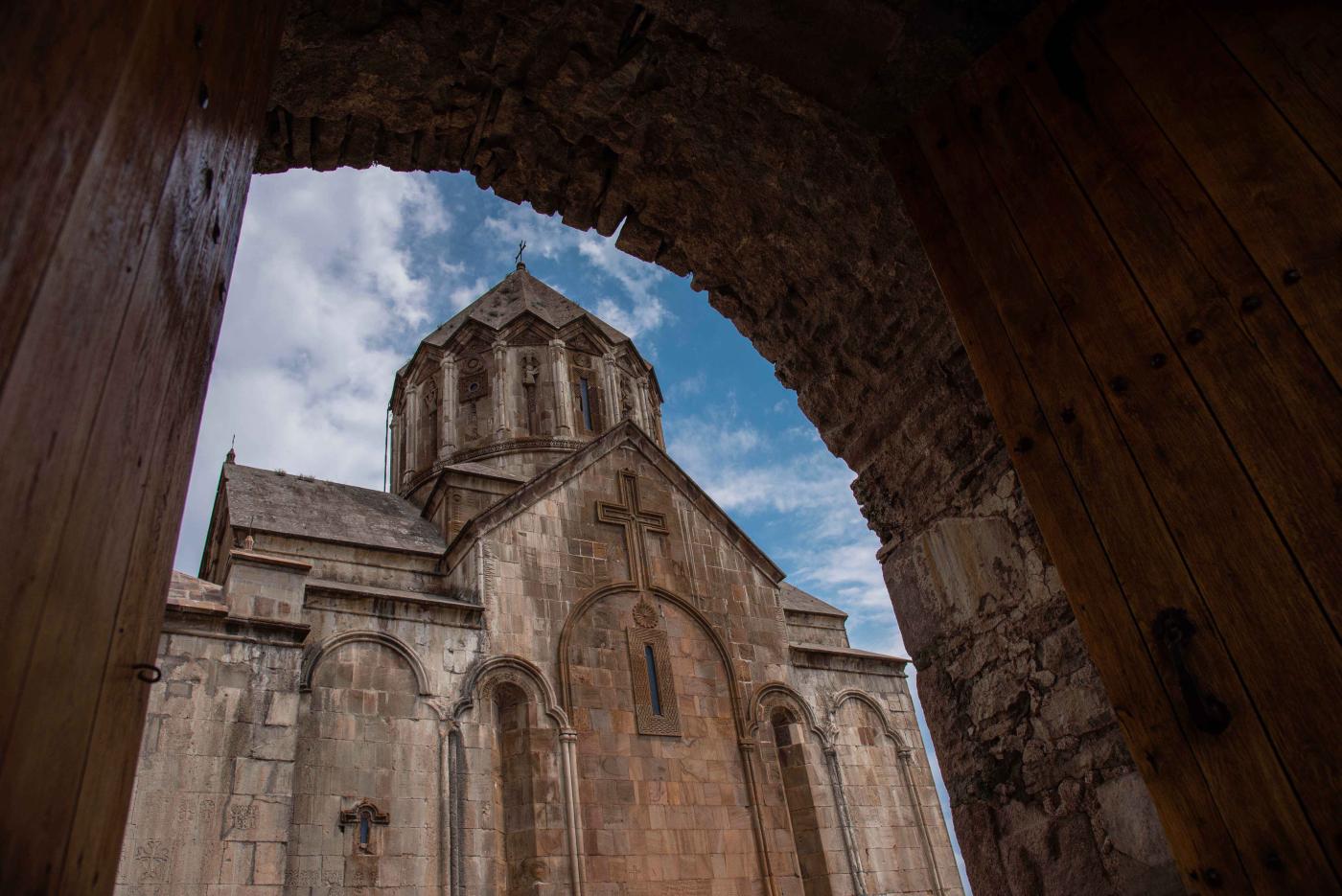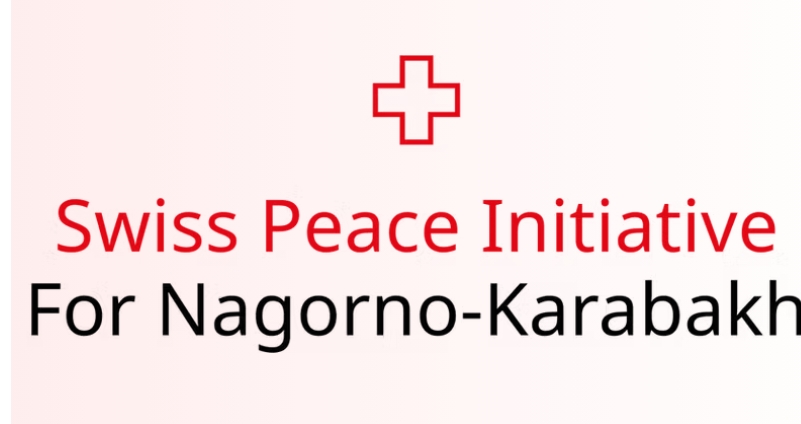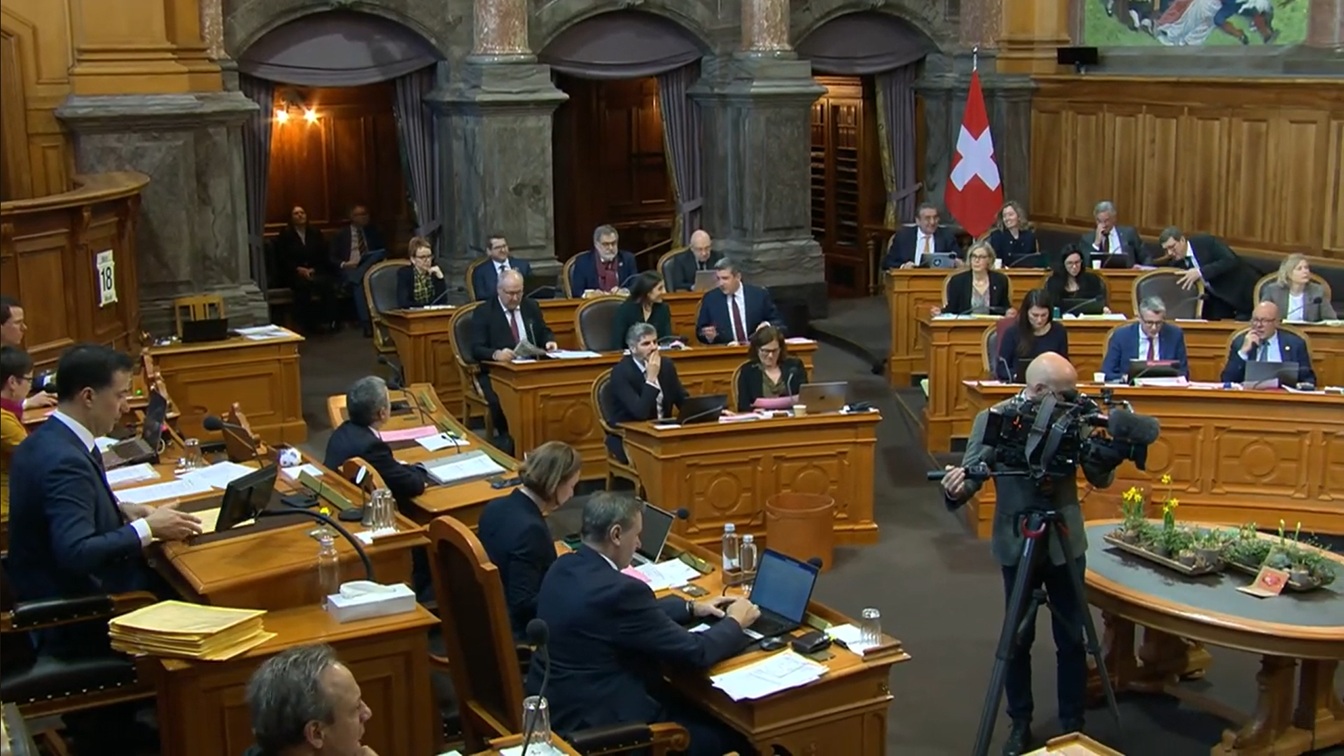Op-ed by Vartan Oskanian, Armenia’s former foreign minister (1998-2008)
By adopting the motion titled “Peace Forum for Nagorno-Karabakh: Enabling the Return of Armenians”— the Swiss Council of States has delivered a rare but essential breakthrough in the stalemated diplomacy surrounding the South Caucasus. With both houses of the Swiss Parliament now backing the initiative, the Federal Council is legally mandated to facilitate a Swiss-hosted platform for dialogue between representatives of Azerbaijan and displaced Armenians from Nagorno-Karabakh.
At its heart, this is about far more than just another diplomatic format. It is the first tangible, institutionalized attempt by a neutral power to give voice to a people that have been wholly and brutally silenced. The forced depopulation of Nagorno-Karabakh’s entire Armenian population in 2023 was not merely a humanitarian tragedy, it was a geopolitical and moral rupture. Switzerland’s motion is a deliberate attempt to reverse the consequences of ethnic cleansing and to uphold the cornerstone of international law: the right of return.
Importantly, this new diplomatic process has the potential to go beyond itself. It could evolve into a broader international mechanism— perhaps even reviving elements of the long-dormant OSCE Minsk Group— if Armenia plays its cards right. But doing so will require far more than passive appreciation. It will require strategic clarity, diplomatic boldness, and above all, new leadership in Yerevan.
Prime Minister Nikol Pashinyan has consistently downplayed, deferred, or outright neglected the issue of return. His failure to place the rights and fate of Nagorno-Karabakh’s Armenians at the center of Armenia’s diplomatic agenda has created a vacuum—one that Baku has eagerly filled with unilateral moves and revisionist narratives. As long as Pashinyan remains in office, Armenia lacks both the credibility and the will to take advantage of the openings Switzerland and other international actors are now offering.
What is at stake is nothing less than the possibility of rebalancing the negotiation field. For too long, Azerbaijan has dictated the terms, framing any talk of return as conditional on vague and unenforceable promises of “reintegration,” all while continuing to erase Armenian cultural and historical heritage from the region. Every passing week without a coordinated international response deepens the irreversibility of Azerbaijan’s campaign to wipe out Armenian presence from Nagorno-Karabakh—not just physically, but spiritually and historically.
But now, with this Swiss-led initiative, there is a credible framework through which the right of return can become more than a theoretical principle. Switzerland’s longstanding neutrality and experience in hosting complex negotiations lend this effort genuine potential. The motion aligns with recent international legal instruments—including the International Court of Justice’s provisional measures in November 2023 and two European Parliament resolutions in 2024—that call for the safe, dignified, and voluntary return of displaced Armenians. It is a rare convergence of legal, moral, and diplomatic momentum.
What remains missing is political will—first and foremost in Armenia itself.
Imagine, for a moment, an Armenian government that placed the return of its displaced compatriots at the center of its foreign policy. Imagine a leadership that actively engages with Switzerland to shape the agenda and structure of the Peace Forum, ensures that Nagorno-Karabakh Armenians are properly represented, and works with like-minded states to expand the forum into a multilateral negotiation format. Such leadership could leverage the Forum to demand real guarantees—monitoring mechanisms, security assurances, the release of Armenian detainees, property rights protections, and international presence on the ground.
This would not only reinsert the rights of displaced Armenians into the diplomatic equation; it would also expose the hollowness of Azerbaijan’s rhetoric about “peaceful reintegration.” It would put the burden on Baku to either cooperate in good faith—or face growing international scrutiny.
But none of this will happen under a government that has chosen retreat over resistance, acquiescence over advocacy. If Armenians want to seize the opportunity created in Bern, they must begin by replacing the man in charge in Yerevan. The time has come for a new leadership that recognizes that history is not written by those who wait to be rescued—but by those who choose to lead.
Switzerland has opened a door. Whether Armenia walks through it will depend not on Baku, not on Brussels, but on the Armenian people themselves.
CivilNet




